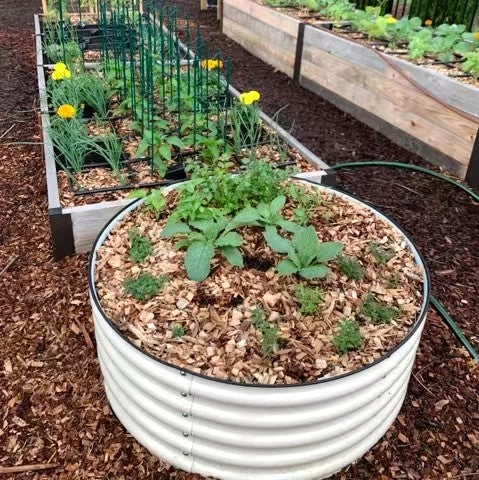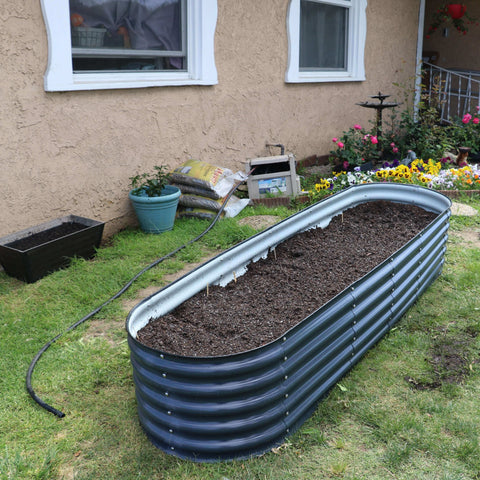How long does the soil in a raised bed remain viable
Raised gardening bed has become increasingly popular, and for good reason. Raised beds can provide a more controlled environment for growing plants, and the soil quality can be more easily managed than in traditional in-ground gardens. However, one question many gardeners have is how long the soil in a raised bed remains viable. In this article, we’ll explore the factors that affect soil longevity and provide guidelines on how to keep your raised bed soil healthy for years to come.
Factors Affecting Soil Longevity in Raised Beds

Several factors affect how long the soil in a raised bed remains viable. Let’s take a closer look at each of these factors.
- Soil Quality
The quality of your raised bed soil is one of the most important factors that determine how long it will remain viable. Soil that is rich in organic matter, nutrients, and beneficial microorganisms will provide a healthy environment for plant growth and can last for many years. On the other hand, soil that is depleted of nutrients, compacted, or contaminated with pesticides or other chemicals will break down more quickly and may not support healthy plant growth.
To maintain soil quality, it’s important to add organic matter such as compost, manure, or leaf mold to your raised bed soil on a regular basis. This will replenish nutrients, improve soil structure and texture, and encourage the growth of beneficial microorganisms.
- Watering and Drainage
Watering and drainage are also crucial factors in maintaining soil quality in a raised bed. Overwatering can lead to soil compaction and reduced oxygen availability, which can harm plant roots and soil microorganisms. Poor drainage can also lead to waterlogged soil, which can suffocate plant roots and promote the growth of harmful microorganisms.
To maintain healthy soil in your raised bed, it’s important to water your plants properly and ensure that the soil has good drainage. You can achieve this by providing drainage holes in the bottom of your raised bed and ensuring that the soil is well-aerated.
- Crop Rotation and Cover Cropping
Another factor that affects soil longevity in raised beds is crop rotation and cover cropping. Planting the same crops in the same soil year after year can deplete soil nutrients and promote the growth of pests and diseases. Crop rotation involves planting different crops in the same soil each year, which helps to balance soil nutrients and reduce the risk of pest and disease buildup.

Cover cropping involves planting crops such as legumes, grasses, or clovers during the off-season to improve soil fertility, prevent erosion, and suppress weeds. Cover crops can also help to break up compacted soil and improve soil structure.
